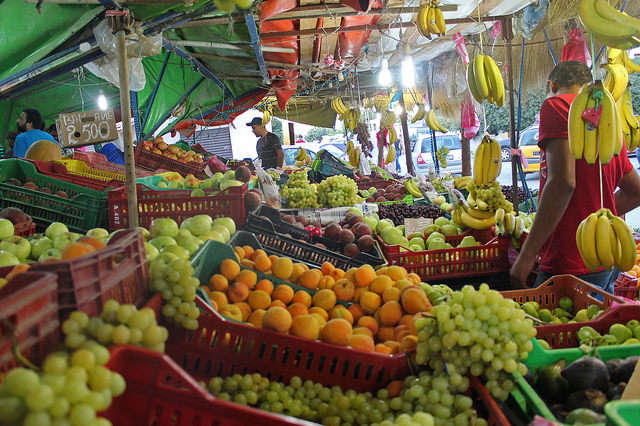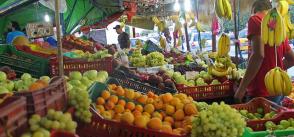
MediTerra 2016 - Zero Waste in the Mediterranean: Natural Resources, Food, and Knowledge.
New book examines shared challenges facing the region's food systems — and options for responding.
The agricultural traditions and food culture of the Mediterranean region have long been looked to as an example of a healthy approach to eating, underpinned by vibrant rural economies. But demographic and environmental pressures — coupled with a changing climate and social and economic challenges — are now raising questions about the future of the region's much-heralded food systems and the implications for sustainable development.
A major new book published today by FAO and the International Centre for Advanced Mediterranean Agronomic Studies (CIHEAM) warns of "triple waste" posed by the misuse of natural resources, food waste and losses, and a slow-leaching away of traditional know-how.
These risks need to be countered by shifting to more sustainable approaches to agricultural production and stronger policies based on multisectoral approaches, according to MediTerra 2016 - Zero Waste in the Mediterranean: Natural Resources, Food, and Knowledge.
Read the full article and download the book via FAO web site.
[Photo by Magharebia | Flickr]







